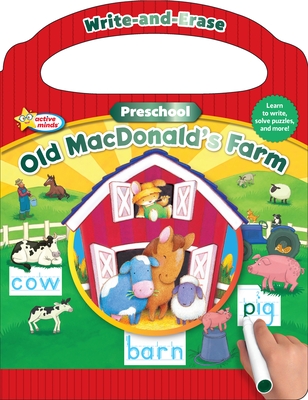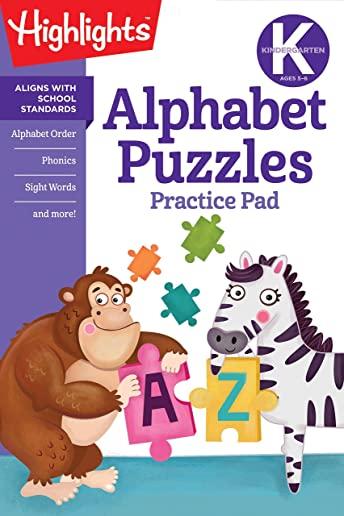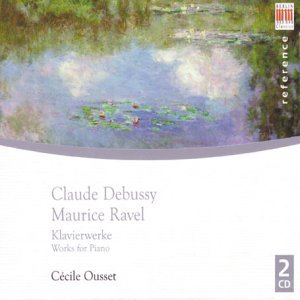
description
ed provides an in-depth exploration of the author's approach to working with children. Lisa Murphy outlines nine characteristics programs need to build an environment that's child-centered, where play, developmentally appropriate practice, and academic standards all come together under one roof. Nine characteristics of a child-centered environment:
Using true-to-life examples, anecdotes, and Lisa Murphy's signature conversational style, this book presents and explores the true identifying characteristics of a hands-on, play-based, child-centered environment.
- Children are provided long periods of uninterrupted free time to explore their environment
- Children are provided lots of time outdoors
- Children are able to explore the environment with few restrictions
- Adults control the environment, not the children
- Adults serve as facilitators within the space
- Adults articulate the intention behind their words and actions
- Adults are familiar with current research and the key contributions of historical child development theorists
- Adults are aware of the importance of keeping it real
- Children are provided time and opportunity to create, move, sing, discuss, observe, read, and play every day
Using true-to-life examples, anecdotes, and Lisa Murphy's signature conversational style, this book presents and explores the true identifying characteristics of a hands-on, play-based, child-centered environment.
member goods
No member items were found under this heading.
notems store


Active Minds Write-And-Erase Preschool Old ...
by Sequoia Children's Publishing
Hardcover /Board Books
Return Policy
All sales are final
Shipping
No special shipping considerations available.
Shipping fees determined at checkout.





